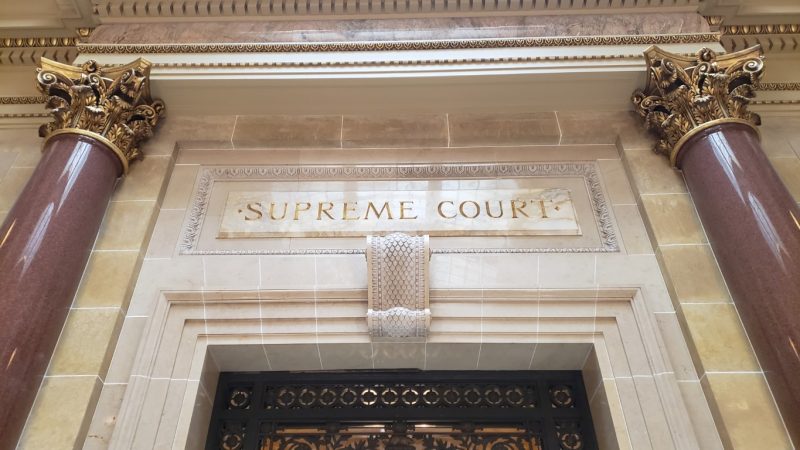Visit WisPolitics-State Affairs for premium content,
keyword notifications, bill tracking and more

A split state Supreme Court today overturned the Legislature’s power to suspend administrative rules, ending decades of lawmakers having the power to at least temporarily block agency regulations. In a 4-3 decision, the court found the statutes giving those powers to the Joint Committee for Review of Administrative Rules violate the Wisconsin Constitution’s requirement of bicameralism and presentm...